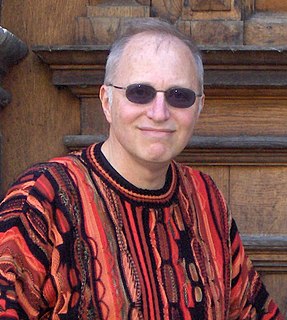A Quote by Leila Slimani
I, too, am interested in identity and Islam, which is what people expect of us. But one must not write what is expected. It's important for North African writers to show they have other things to say.
Related Quotes
It's so easy to get into the same routine. A novel every two years; perhaps, improving technique. But I'm not interested in that. I'm interested in doing something fundamentally important--and therefore, it needs time. And what I've been doing, really, is avoiding this pressure to get into the habit of one novel a year. This is what is expected of novelists. And I have never been really too much concerned with doing what is expected of novelists, or writers, or artists. I want to do what I believe is important.
I am interested in people, and I am interested enough in people that I want to be friends with a lot of people and know about their lives. So I'm not a hermit. I'm also interested in writing about other things. It goes on and on. I sometimes wish that I had a different personality. But then I would write different types of books.
I suppose we think euphemistically that all writers write because they have something to say that is truthful and honest and pointed and important. And I suppose I subscribe to that, too. But God knows when I look back over thirty years of professional writing, I'm hard-pressed to come up with anything that's important. Some things are literate, some things are interesting, some things are classy, but very damn little is important.
In animation, you may be working with 20 writers, and everybody has to write the same thing. You can't have episodes that don't feel like they belong. In comics, you're gonna write a whole run, which means it's your style that's coming through. But when you're working on a show that's collaborated with a dozen other writers, you have to have a style that blends the show together. So you can't write it the way you normally would, because your script will stand out from all the others.
We writers – and especially writers for children, but all writers – have an obligation to our readers: it's the obligation to write true things, especially important when we are creating tales of people who do not exist in places that never were – to understand that truth is not in what happens but what it tells us about who we are. Fiction is the lie that tells the truth, after all.
Some writers find that they don't know their themes until they've finished the first draft (I am one). They then rewrite with an eye toward balancing on that tightrope: not too contrived, not too rambling; does what I'm saying about the world below me actually add up to anything? Other writers pay attention to these things as they write the first draft. Either way, an awareness of the macro and micro levels of theme can provide one more tool for thinking about what you should write, and how.
I do enjoy having researchers and writers around me because I am getting a lot of different influences now from the opposite sex, different races, people of different ages, who are helping write the routines. So I am seeing things from other people's perspectives, which I never really had to do before.





































